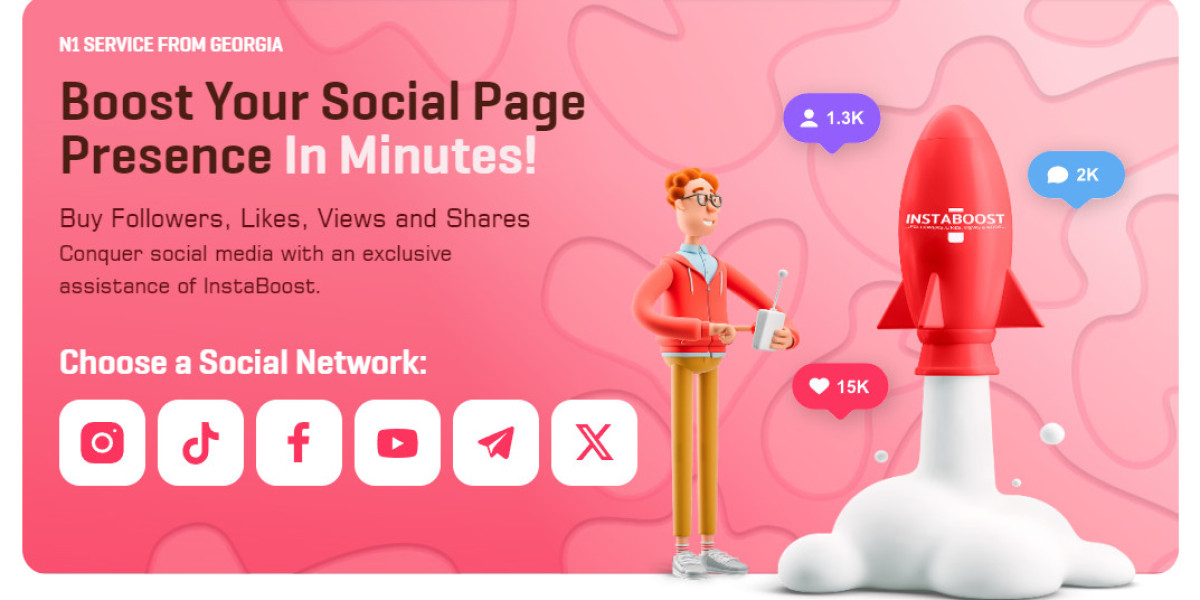In today's rapidly evolving business landscape, digital marketing has become a cornerstone of successful marketing strategies. From its humble beginnings to its current multifaceted approach, digital marketing has significantly transformed how businesses engage with their audiences.
The Early Days of Digital Marketing
Digital marketing's roots can be traced back to the early 1990s when the internet began to gain traction. Early strategies were relatively simple, focusing primarily on email marketing and basic web banners. Businesses began to realize the potential of the Internet as a new platform for reaching customers, albeit with limited tools and insights.
The Rise of Search Engine Optimization (SEO) and Pay-Per-Click (PPC)
As the internet matured, so did digital marketing strategies. The early 2000s saw the rise of Search Engine Optimization (SEO) and Pay-Per-Click (PPC) advertising. SEO became crucial for businesses to rank higher in search engine results, driving organic traffic to their websites. PPC allowed businesses to bid for ad placements on search engines, offering a more immediate way to reach potential customers.
The Advent of Social Media Marketing
The mid-2000s marked the advent of social media marketing, a game-changer in the digital marketing landscape. Platforms like Facebook, Twitter, and LinkedIn emerged as powerful tools for businesses to connect with their audience on a more personal level. Social media marketing introduced new strategies, including content marketing, influencer collaborations, and targeted advertising, allowing businesses to engage with users in innovative ways.
The Era of Content Marketing and Data-Driven Strategies
In the 2010s, content marketing gained prominence as businesses recognized the importance of delivering valuable, relevant content to attract and retain customers. This era also saw the rise of data-driven marketing, with businesses leveraging analytics to gain insights into customer behavior and preferences. By understanding data, companies could craft more personalized and effective marketing strategies.
Embracing Emerging Technologies
The current digital marketing landscape is characterized by rapid technological advancements. Artificial Intelligence (AI), machine learning, and automation are now integral to digital marketing strategies. AI-powered tools can analyze vast amounts of data, predict trends, and automate routine tasks, allowing businesses to focus on more strategic aspects of their marketing efforts.
The Role of Digital Marketing Classes in Staying Ahead
As digital marketing continues to evolve, staying updated with the latest trends and strategies is crucial for marketers. Enrolling in digital marketing classes can provide valuable insights and practical skills needed to navigate the complex digital landscape. For those seeking to enhance their digital marketing knowledge, finding digital marketing classes near you can be a great starting point to gain hands-on experience and learn from industry experts.
Future Trends in Digital Marketing
Looking ahead, several trends are likely to shape the future of digital marketing. These include the increasing importance of personalization, the rise of voice search, and the growing emphasis on data privacy. Businesses that adapt to these trends and leverage emerging technologies will be better positioned to succeed in the competitive digital marketplace.
Conclusion:
Digital marketing has come a long way from its early days, evolving into a dynamic and multifaceted field. By understanding its history, embracing current strategies, and staying informed through resources like digital marketing classes, businesses can navigate the ever-changing digital landscape and achieve their marketing goals. As technology continues to advance, the key to success will lie in staying agile and adapting to new opportunities in the digital realm.




